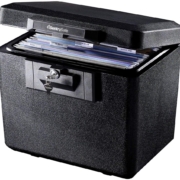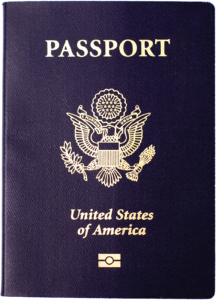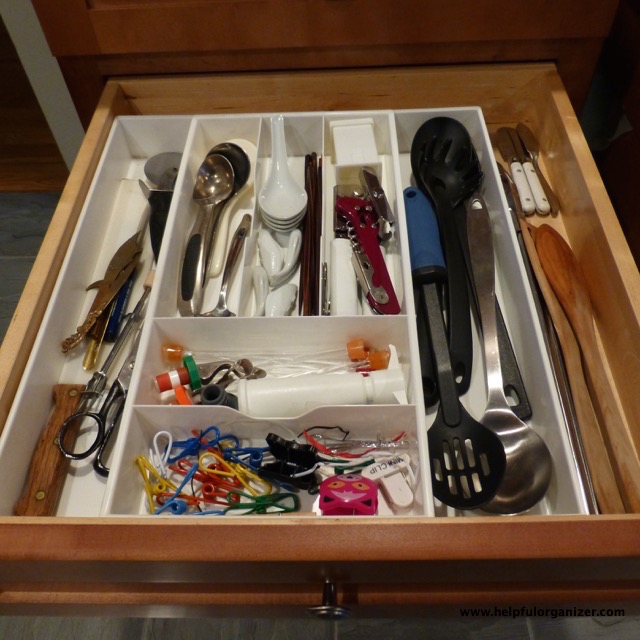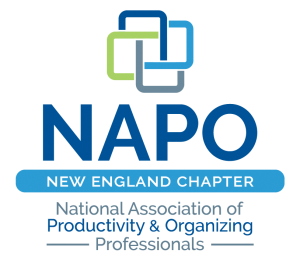What papers need to be kept?
Going paperless sounds like a great idea, but unfortunately, there will always be some papers we need to keep. These papers are often referred to as vital documents. I recommend keeping only one of them, the most recent copy and keeping it in a safe spot. I use a portable fireproof lock box for my important documents.
- birth certificate
- marriage license
- social security card
- military discharge records

- driver’s license copy
- car registration
- car ownership documents
- medical insurance identification card and policy
- homeowners insurance policy
- auto insurance policy
- life insurance policy
- bank checking account number & routing number
- bank saving account numbers
- investment records
- deeds, titles and licenses
- family historical information
- critical addresses and mailing lists
- tax returns
- business records required to survive or rebuild
- will and estate planning documents
- passport
If you have questions about papers that are not listed above please refer to my blog article titled Paper: what to keep and for how long. If you’d like more guidance, below are some questions you can ask to help you determine what’s worth holding on to.
What is the specific need and use of this paper?
Is this current and up-to-date information?
Did I request this information?
Will this paper help me complete a project I’m working on now?
Are there tax, legal, or insurance reasons to keep this paper?
Is this information important and referred to often?
When have I needed to reference this type of information? How often?
How easily can this information be obtained elsewhere or again if needed?
Will this information be outdated by the time I need it?
What is the worst that will happen if I throw this paper away?
Is doubt and indecision the only reason for keeping this paper?
Paper management can be challenging, but the more often you make decisions the better off you’ll be.
©May 2021 Janine Cavanaugh, CPO® All rights reserved




 Empty space does not equal available space. Allow yourself some breathing room and wiggle room. Spaces will function more efficiently if they are not over stuffed. Allow yourself empty space in
Empty space does not equal available space. Allow yourself some breathing room and wiggle room. Spaces will function more efficiently if they are not over stuffed. Allow yourself empty space in 

Follow Me